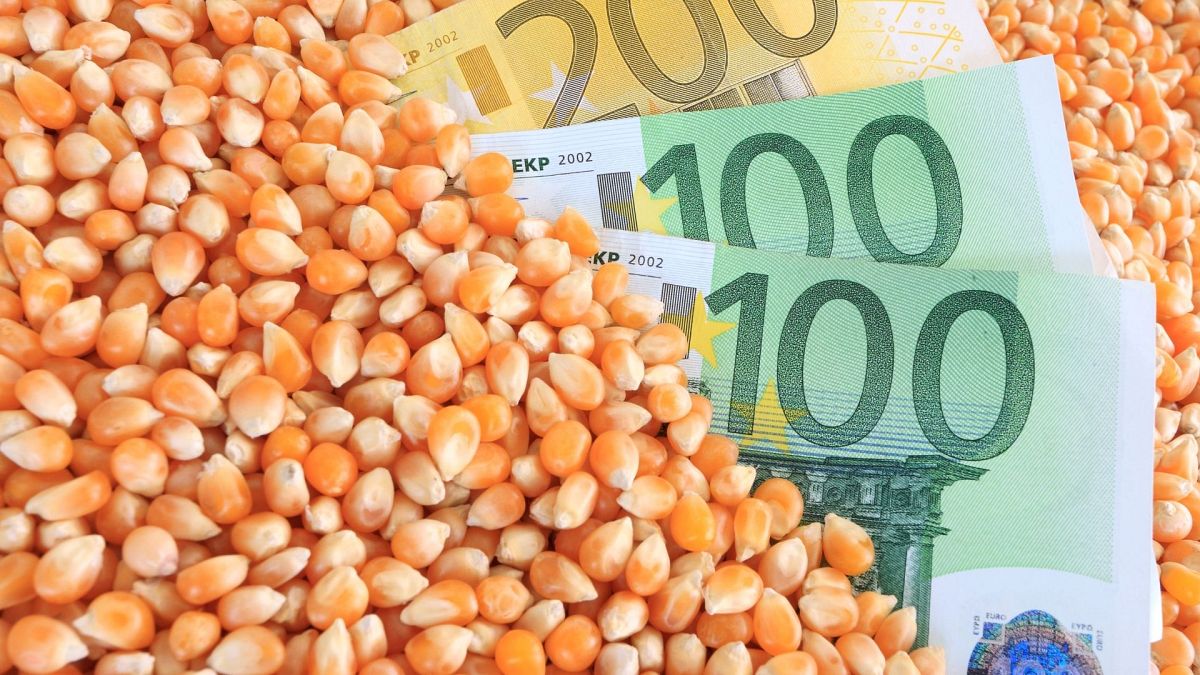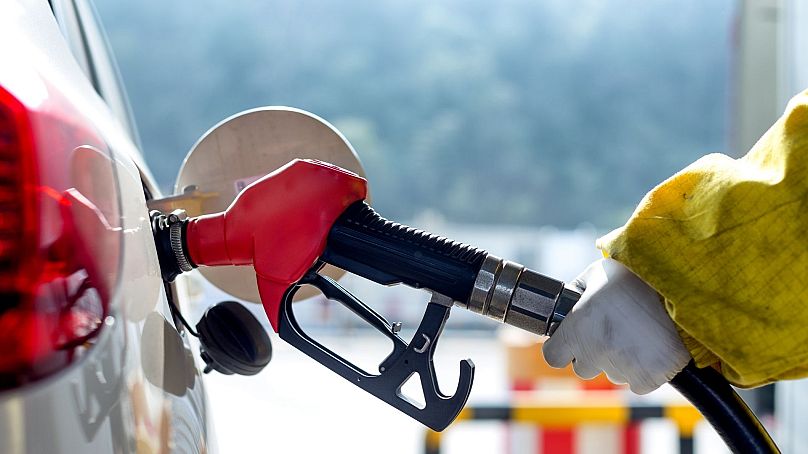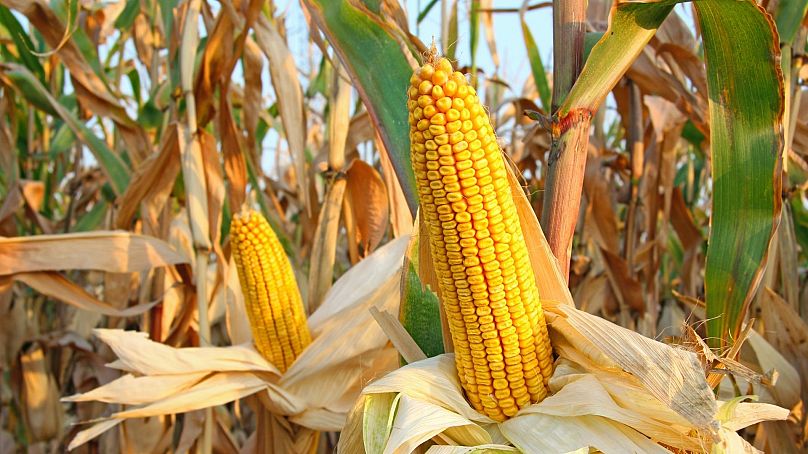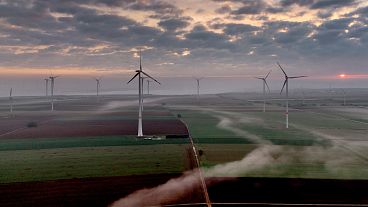President Joe Biden is reviewing policies on biofuels as part of a broader effort to decarbonise the US economy by 2050.
Corn-based ethanol, which for years has been mixed in huge quantities into petrol sold at US pumps, is likely a much bigger contributor to global warming than straight gasoline, according to a new study.
The research, published on Monday in the Proceedings of the National Academy of Sciences, contradicts previous studies commissioned by the US Department of Agriculture (USDA) showing ethanol and other biofuels to be relatively green.
Corn ethanol is currently the main source of ethanol fuel in the US, mandated to be blended with gasoline in the Renewable Fuel Standard.
President Joe Biden's administration is reviewing policies on biofuels as part of a broader effort to decarbonise the US economy by 2050 to fight climate change.
But "corn ethanol is not a climate-friendly fuel,” says Dr. Tyler Lark, assistant scientist at University of Wisconsin-Madison Center for Sustainability and the Global Environment - and lead author of the study.
The new findings find that ethanol is likely to be at least 24 per cent more carbon-intensive than gasoline (petrol) due to emissions resulting from land use changes to grow corn, along with processing and combustion.
What do ethanol lobbyists have to say?
Geoff Cooper, president and CEO of the Renewable Fuels Association, the ethanol trade lobby, calls the study "completely fictional and erroneous," arguing the authors used "worst-case assumptions [and] cherry-picked data."
Under the US Renewable Fuel Standard (RFS), a law enacted in 2005, the nation's oil refiners are required to mix some 15 billion gallons of corn-based ethanol into the nation's gasoline annually. The policy was intended to reduce emissions, support farmers, and cut US dependence on energy imports.
As a result of the mandate, corn cultivation grew 8.7 per cent and expanded into 6.9 million additional acres of land between 2008 and 2016, the study found. That led to widespread changes in land use, including the tilling of cropland that would otherwise have been retired or enrolled in conservation programs and the planting of existing cropland with more corn.
Tilling fields releases carbon stored in soil, while other farming activities, like applying nitrogen fertilisers, also produce emissions.
A 2019 study from the USDA, which has been broadly cited by the biofuel industry, found that ethanol’s carbon intensity was 39 per cent lower than gasoline, in part because of carbon sequestration associated with planting new cropland.
However - that research underestimated the emissions impact of land conversion, says Lark.
USDA did not respond to a request for comment. And the US Environmental Protection Agency, which administers the nation's biofuel policy, is considering changes to the program.





